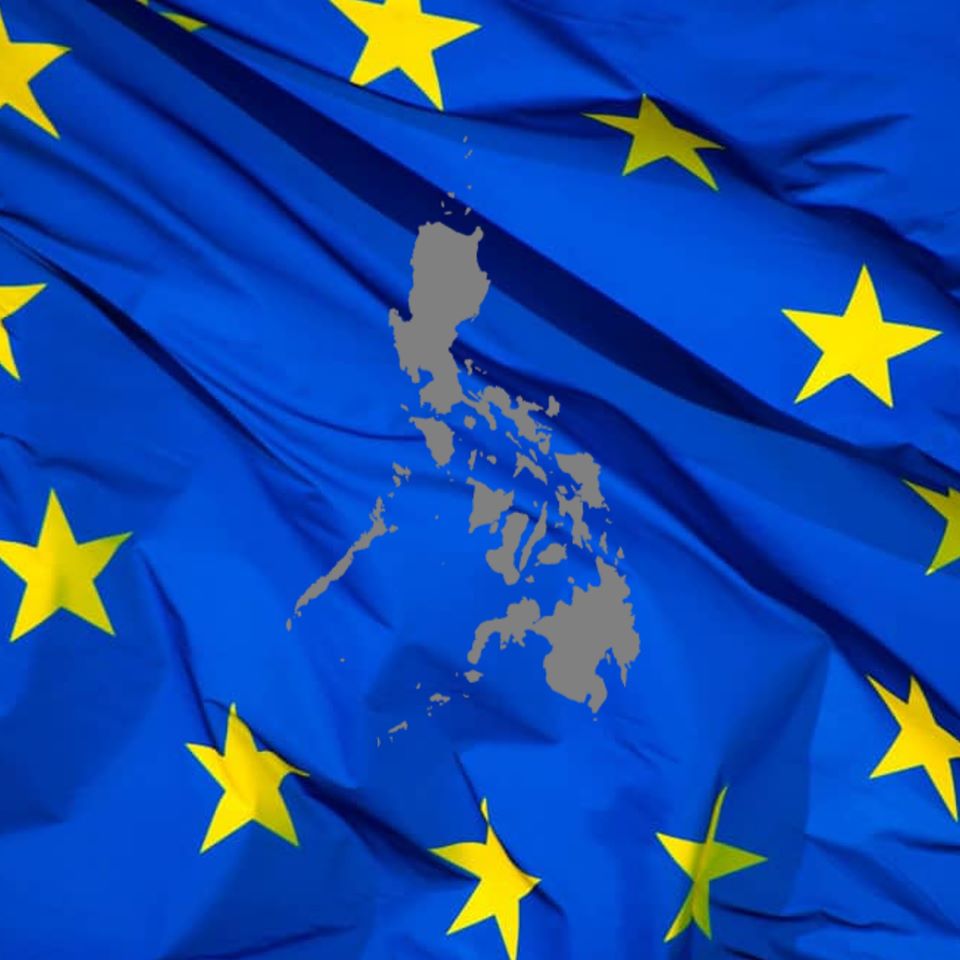EU backs launch of new justice zone in Tagaytay City

Photo from European Union in the Philippines Facebook page
MANILA, Philippines — The European Union (EU) on Wednesday expressed its support for the establishment of another justice zone or areas for local justice sector actors such as police, public attorneys, and judges in Tagaytay City that will focus on economic development and tourism.
The EU said it had been a partner of the country’s justice sector since 2006, backing the zone’s launch through its Governance in Justice programme.
“We have supported the creation of justice zones since 2014 and are honored to continue our support to this policy that puts people at the center of justice reform efforts by bringing all justice actors at the local level together to tackle the sector’s challenge,” EU Delegation to the Philippines Head of Cooperation Christoph Wagner said in a statement.
According to the Supreme Court, the justice zone project aims to deliver “a swift and fair administration of the criminal justice system” and was formed to enhance the coordination and communication of the Justice Sector Coordination Council’s (JSCC) concerned agencies.
The Tagaytay City Justice Zone is the second designated area with a thematic focus on economic development and tourism after Zamboanga City and the 11th justice zone in the country aside from the ones in Quezon City, Cebu, Angeles, Davao, Bacolod, Naga, Calamba, Balanga, Baguio, Zamboanga.
“Tagaytay is the most popular tourist destination near Metro Manila. City authorities see the setting up this justice zone as a means to help the city’s economic development by addressing criminal justice issues,” the EU said.
“This could include fast-tracking cases of a criminal nature involving tourists, establishing a Tourist Police Unit and Foreign Information and Assistance Desk in key tourist spots,” it added.
Aside from Wagner, also present during the launch were key actors of the JSCC — Supreme Court Associate Justice Maria Filomena Singh, Department of Justice Undersecretary Raul Vasquez, and Department of Interior and Local Government Undersecretary Lord Villanueva.
Since 2014, the EU said the justice sector coordination has been aiming to improve efficiency in the administration of criminal justice by ensuring that all agencies and institutions involved work together effectively.
RELATED STORIES:
EU to take one giant leap towards digital euro
Wagner mutiny lays bare cracks in Moscow’s military power–EU’s Borrell